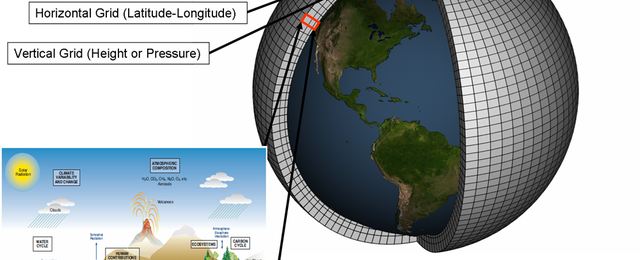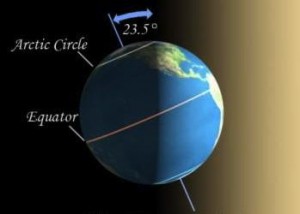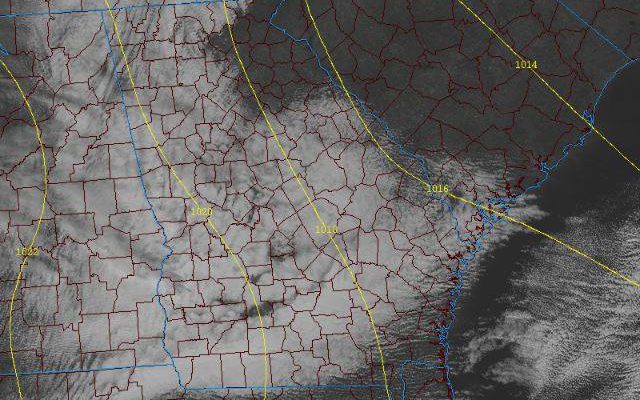Climate science
-

If you’ve ever wondered how climate models work and why climatologists use them to look at the future climate, you might be interested in this long but excellent description of climate models and how they are used. There is a lot of excellent detail in this presentation at https://www.carbonbrief.org/qa-how-do-climate-models-work.
Posted in: Climate science -

Earlier this month, Forbes.com published a simple and clearly written article describing what global warming is and how it works. I am not sure I would characterize it as the simplest ever, but it is still a good explanation of how carbon dioxide and other gases are affecting the temperature of the earth as a…
-

Even though there is no snow in the forecast for most of the Southeast at the moment, you might enjoy this. The Washington Post has a nice video describing how snowflakes get their shape. You can read more and view it at https://www.washingtonpost.com/weather/2018/12/26/how-snowflake-gets-its-shape/?utm_term=.21707cff1bd4&wpisrc=nl_rainbow&wpmm=1.
Posted in: Climate science -

Today marks the winter solstice, when we experience the shortest day of the year. This is because of the tilt of the earth’s axis of rotation relative to our orbit around the sun. So if you celebrate the winter astronomically, then today is the first day of winter. If you are a climatologist like me,…
-

Changes in temperature in the Southeast over the last 100 years or so have been relatively small, especially compared to other parts of the US and the world. That has led to what we call a “warming hole” in the Southeast that gives people here the impression that global temperatures are not increasing, even though…
-

Did you know that the Appalachian Mountains can affect weather and climate a long distance away from where they are? The cold air damming that we call “The Wedge” is one way that it affects local conditions here in Athens GA and in places as far away as Birmingham. Downslope winds when the atmosphere is…
-

This week’s question from the Georgia Climate Project’s Roadmap looks at the need for research to identify how different strategies for reducing the emission of greenhouse gases will affect different constituent groups. There are trade-offs in benefits or costs for different groups, since any particular action could be good for some groups while costing others.…
Posted in: Climate science